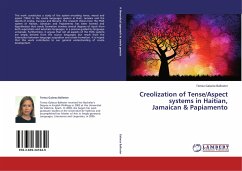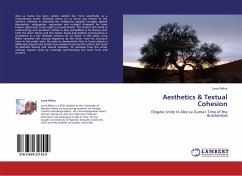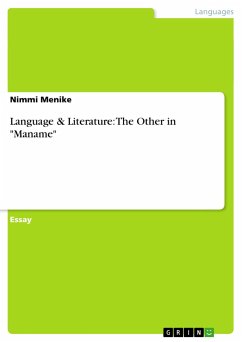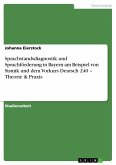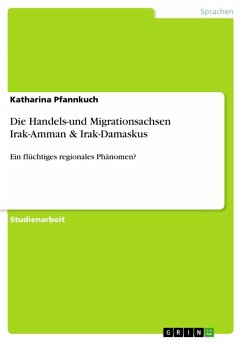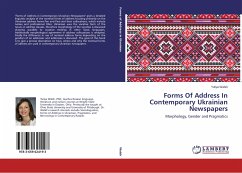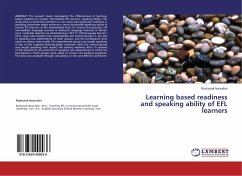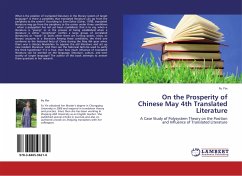This work constitutes a study of the system encoding tense, mood and aspect (TMA) in the creole languages spoken in Haiti, Jamaica and the islands of Aruba, Curaçao and Bonaire. The research shows how the TMA system of Haitian, Jamaican and Papiamento has been formed and hypothesizes that creole formation involves several degrees of input from both superstrate and substrate languages, in a process guided by language universals. Furthermore, it argues that not all aspects of the TMA systems are simply derived from the source languages but result from the interaction between language acquisition and creole formation. It is hoped that this work contributes to our general understanding of creole development.

